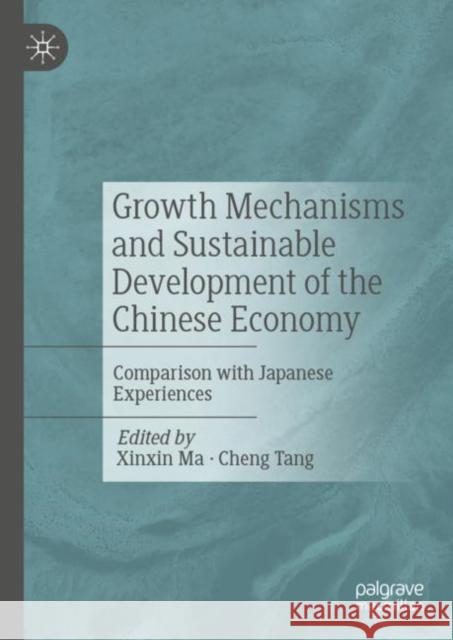Growth Mechanisms and Sustainable Development of the Chinese Economy: Comparison with Japanese Experiences » książka
topmenu
Growth Mechanisms and Sustainable Development of the Chinese Economy: Comparison with Japanese Experiences
ISBN-13: 9789811938573 / Angielski / Twarda / 2022 / 572 str.
Growth Mechanisms and Sustainable Development of the Chinese Economy: Comparison with Japanese Experiences
ISBN-13: 9789811938573 / Angielski / Twarda / 2022 / 572 str.
cena 602,40
(netto: 573,71 VAT: 5%)
Najniższa cena z 30 dni: 578,30
(netto: 573,71 VAT: 5%)
Najniższa cena z 30 dni: 578,30
Termin realizacji zamówienia:
ok. 22 dni roboczych
Dostawa w 2026 r.
ok. 22 dni roboczych
Dostawa w 2026 r.
Darmowa dostawa!
Kategorie:
Kategorie BISAC:
Wydawca:
Springer Verlag, Singapore
Język:
Angielski
ISBN-13:
9789811938573
Rok wydania:
2022
Ilość stron:
572
Wymiary:
21.0 x 14.8
Oprawa:
Twarda
Dodatkowe informacje:
Wydanie ilustrowane











